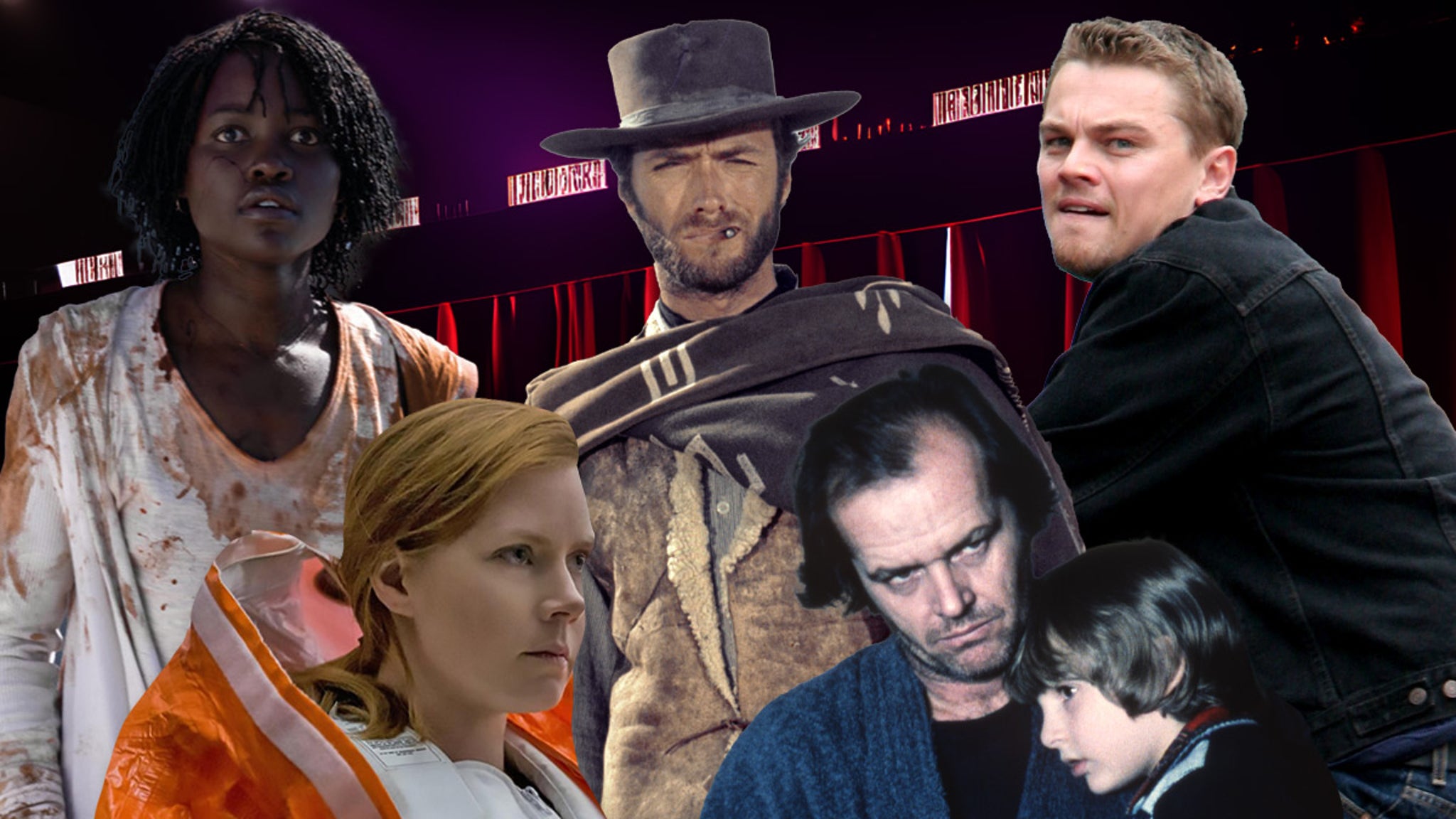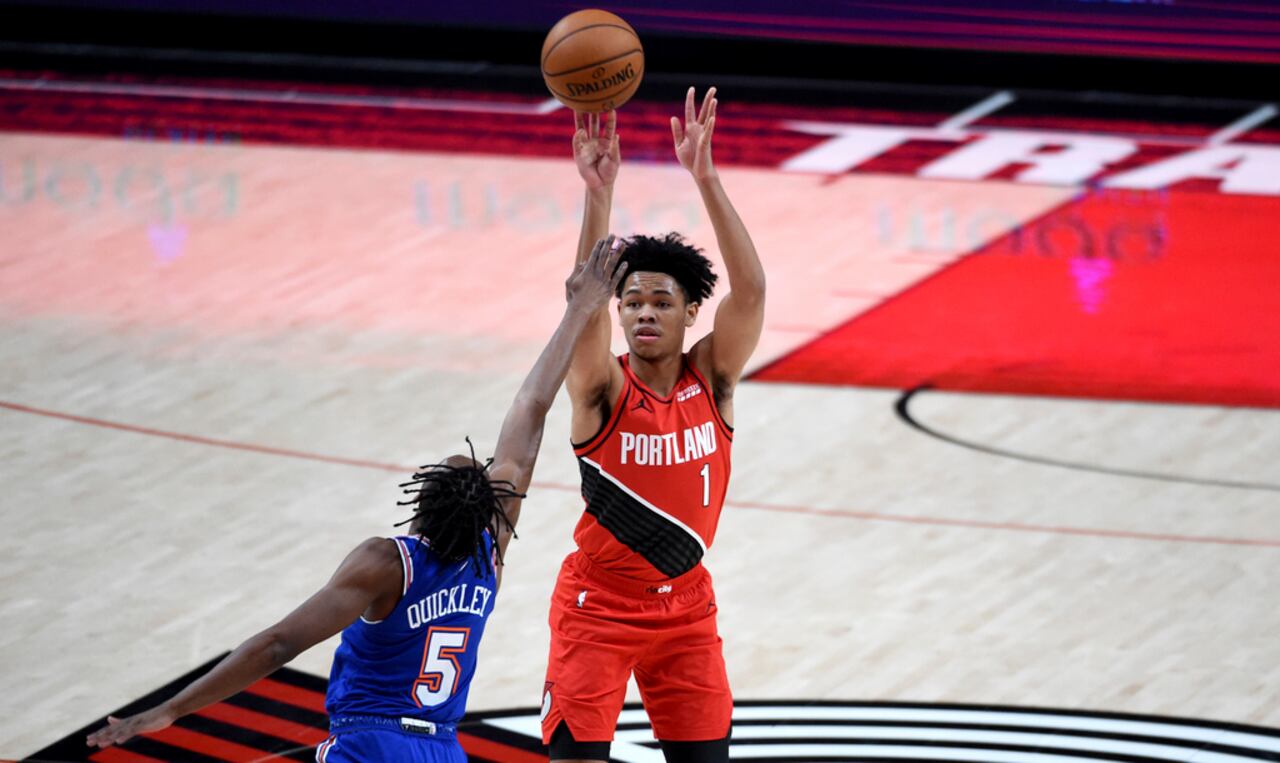Biggest Oscars Snubs Ever: Controversial Moments That Defined The Awards

Table of Contents
The Shocking Best Picture Snubs That Still Sting
The Best Picture category is arguably the most coveted award at the Oscars, making its snubs particularly painful for both filmmakers and fans. These omissions often spark intense debates about artistic merit versus box office success, critical acclaim versus popular appeal, and the very nature of cinematic excellence. The lasting legacy of these snubs often pushes conversations about the Academy's selection process and its evolving relationship with the public.
The Hurt Locker vs. Avatar (2010): A Clash of Titans
The 2010 Oscars saw a monumental upset when Kathryn Bigelow's The Hurt Locker, a gritty war drama, beat James Cameron's blockbuster Avatar for Best Picture. This sparked a significant debate. Avatar dominated the box office, becoming the highest-grossing film of all time at the time, while The Hurt Locker received widespread critical acclaim for its intense realism and powerful storytelling.
- Box Office: Avatar grossed over $2.7 billion worldwide, while The Hurt Locker's total was significantly lower.
- Critical Reception: The Hurt Locker won numerous critics' awards and was lauded for its innovative filmmaking techniques and suspenseful narrative, while Avatar's groundbreaking visual effects were a major point of discussion.
- Directorial Styles: Bigelow's intimate, character-driven approach contrasted sharply with Cameron's grand, spectacle-driven style. This difference fueled the debate about what constitutes "best" filmmaking.
This controversial Oscars snub highlighted the tension between popular appeal and critical recognition, a recurring theme in the history of the Academy Awards.
Citizen Kane's Overlooked Brilliance (1942): A Historical Injustice?
Orson Welles's Citizen Kane, often cited as one of the greatest films ever made, surprisingly didn't win Best Picture in 1942. While it won Best Original Screenplay, the Best Picture snub is often attributed to its innovative techniques (deep focus, non-linear storytelling) that challenged conventional Hollywood filmmaking. Furthermore, Welles's unconventional methods and outspoken nature may have alienated some Academy members.
- Reasons for the Snub: Potential reasons include its controversial subject matter, Welles's youth and perceived arrogance, and the Academy's preference for more traditional filmmaking styles at the time.
- Innovative Techniques: The film's groundbreaking cinematography, non-linear narrative structure, and use of deep focus revolutionized filmmaking and continue to influence directors today.
- Lasting Influence: Despite the initial snub, Citizen Kane has since achieved legendary status, cementing its place as a landmark achievement in cinematic history.
Other Notable Best Picture Snubs
Several other Best Picture snubs remain etched in cinematic history, including Raging Bull (1980), which lost to Kramer vs Kramer, and The Dark Knight (2008), a superhero film deemed too genre-specific for the top award. These omissions further exemplify the complex criteria and evolving standards applied in choosing the "best" picture.
Acting Performances That Deserved More Recognition
The Oscars have a history of overlooking exceptionally talented actors and actresses, leading to lasting debates and, sometimes, a negative impact on their careers. These snubs often expose biases within the Academy, sparking discussions about gender, race, and ageism in Hollywood.
Glenn Close's Record-Breaking Snub: A Symbol of Systemic Issues?
Glenn Close holds the record for the most acting nominations without a win, a fact that highlighted a broader conversation around gender and ageism in Hollywood. Her consistent excellence across a diverse range of roles should have resulted in an Oscar long ago, leading many to criticize the Academy's overlooking of her talent.
- Impressive Filmography: Close boasts a remarkable career with a wide variety of acclaimed performances spanning different genres.
- Nominated Roles: Her nominations include iconic roles in films like Fatal Attraction, Dangerous Liaisons, and Albert Nobbs.
- Public Reaction: The persistent snubs have sparked widespread public support for Close, with many viewers expressing their disappointment and highlighting the injustice of her continued exclusion.
Other Notable Acting Snubs
Numerous other actors and actresses have experienced significant snubs. Peter O'Toole's eight nominations without a win stand as another example, while Edward Norton's consistently powerful performances, often overshadowed by other nominees, show the subjective nature of the awards. Their powerful portrayals, often overlooked by the Academy's voters, further emphasize the inconsistent and sometimes subjective standards of the Oscars.
The Oscars and the Shifting Sands of Social Relevance
The Oscars aren't just about celebrating films; they also reflect societal biases and evolving cultural landscapes. Snubs often reveal underlying issues of representation and the Academy's struggle to adapt to changing times.
The #OscarsSoWhite Controversy: A Turning Point
The #OscarsSoWhite movement, which gained significant traction on social media, brought to light the glaring lack of diversity in the nominations during several consecutive years. This social media-fueled outcry forced the Academy to confront its shortcomings and implement significant changes to improve its representation.
- Key Years and Moments: The controversy reached its peak in 2015 and 2016, prompting widespread criticism and calls for reform.
- The Academy's Response: The Academy responded by expanding its membership to include more diverse voices and implementing initiatives to promote inclusion.
- Long-Term Changes: While the path to full representation is ongoing, the #OscarsSoWhite movement marked a significant turning point, pushing the Academy towards a more inclusive approach.
Snubs as a Reflection of Changing Tastes
The Oscars’ choices also reflect changing cinematic preferences and critical standards. Genres and films initially considered niche or unconventional might later gain recognition, highlighting the evolving nature of artistic appreciation and the influence of time on perspective.
- Examples: Many cult classic films and groundbreaking works initially faced snubs but have subsequently received critical re-evaluation and significant appreciation.
Conclusion
The history of the Oscars is peppered with controversial moments and significant Oscars snubs that continue to generate passionate discussions. From Best Picture upsets to the persistent overlooking of deserving actors and the reflection of societal biases, these snubs have shaped the awards' legacy and forced a critical re-evaluation of its judging criteria and representation. By understanding these historical Oscars snubs, we can gain a deeper appreciation of the complexities of cinematic achievement and the ongoing dialogue surrounding the Academy Awards. Explore further into the world of cinematic controversy and revisit some of the most talked-about Oscars snubs to form your own opinion!

Featured Posts
-
 Lyon Sufre Derrota Local Frente Al Psg
May 08, 2025
Lyon Sufre Derrota Local Frente Al Psg
May 08, 2025 -
 Thunder Vs Trail Blazers On March 7th Where To Watch And Live Stream
May 08, 2025
Thunder Vs Trail Blazers On March 7th Where To Watch And Live Stream
May 08, 2025 -
 Angels Hitting Woes Continue 13 More Strikeouts In Twins Sweep
May 08, 2025
Angels Hitting Woes Continue 13 More Strikeouts In Twins Sweep
May 08, 2025 -
 Pavle Grbovic Psg Kompromis U Prelaznoj Vladi
May 08, 2025
Pavle Grbovic Psg Kompromis U Prelaznoj Vladi
May 08, 2025 -
 A Look At The Potential Release Of James Gunns Superman Film
May 08, 2025
A Look At The Potential Release Of James Gunns Superman Film
May 08, 2025
